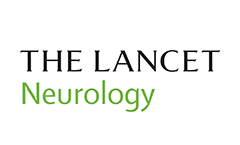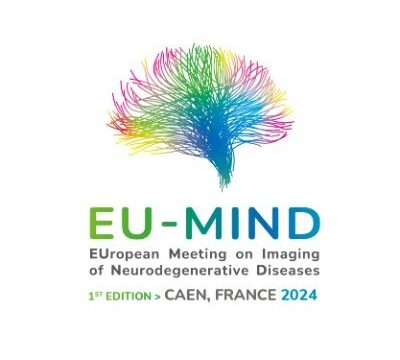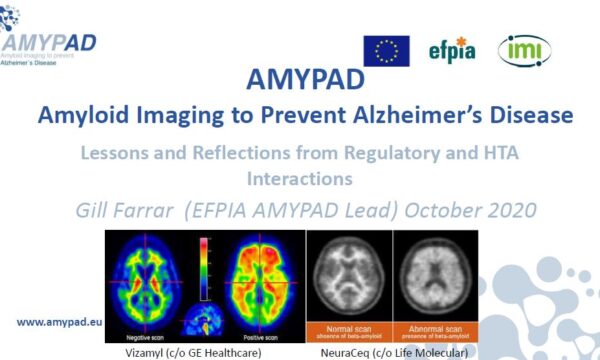The AMYPAD Consortium brings together a word-class team of highly synergistic partners from across Europe to form a pan- European network including the most active PET sites. The Consortium is a collaborative research initiative encompassing two clinical studies, one of which aims at improving the diagnosis and management of Alzheimer’s disease through the utilisation of ß-amyloid PET imaging. In fact, this is a shared goal across the world-wide research community, and as AMYPAD is being recognized as an important consortium, some members have been asked to write a commentary for The Lancet Neurology on the results of recent efforts by a parallel project in the US.
Giovanni B Frisoni, Isadora Lopes Alves and Frederik Barkhof (all three AMYPAD members) were invited to discuss the recent publication of the results of the Imaging Dementia—Evidence for Amyloid Scanning (IDEAS) study in the Journal of the American Medical Association (JAMA) by Rabinovici and colleagues. IDEAS is a large US-based study assessing the utility of amyloid PET in Medicare beneficiaries who meet appropriate use criteria for amyloid PET. The study included more than 10.000 participants and revealed that the use of amyloid PET imaging was associated with changes in clinical management of people with mild cognitive impairment and dementia within 90 days. These changes included the use of medications and counselling.
The comment was entitled “IDEAS becoming reality on the roadmap for biomarker validation in Alzheimer’s disease”, and published in June 2019 in The Lancet Neurology. This commentary discussed the results of the IDEAS study and underlined the expected contribution by the AMYPAD diagnostic and patient management study (DMPS) – a randomised multicenter, prospective and controlled study aiming to study the impact of amyloid PET imaging on diagnostic thinking and patient management in subjects with memory complaints being evaluated for Alzheimer’s disease. Furthermore, the authors acknowledged that more initiatives examining the whole diagnostic armamentarium will be needed to develop evidence-based, cost-effective diagnostic investigations for people with cognitive impairment and suspected Alzheimer’s disease.
You can find the full commentary here: https://doi.org/10.1016/S1474-4422(19)30166-8
The AMYPAD consortium has already published several papers. Interested to read them? Visit our AMYPAD Research Gate page to download publications that arise from our scientific framework. You can also connect with our collaborators, get in touch if interested.


